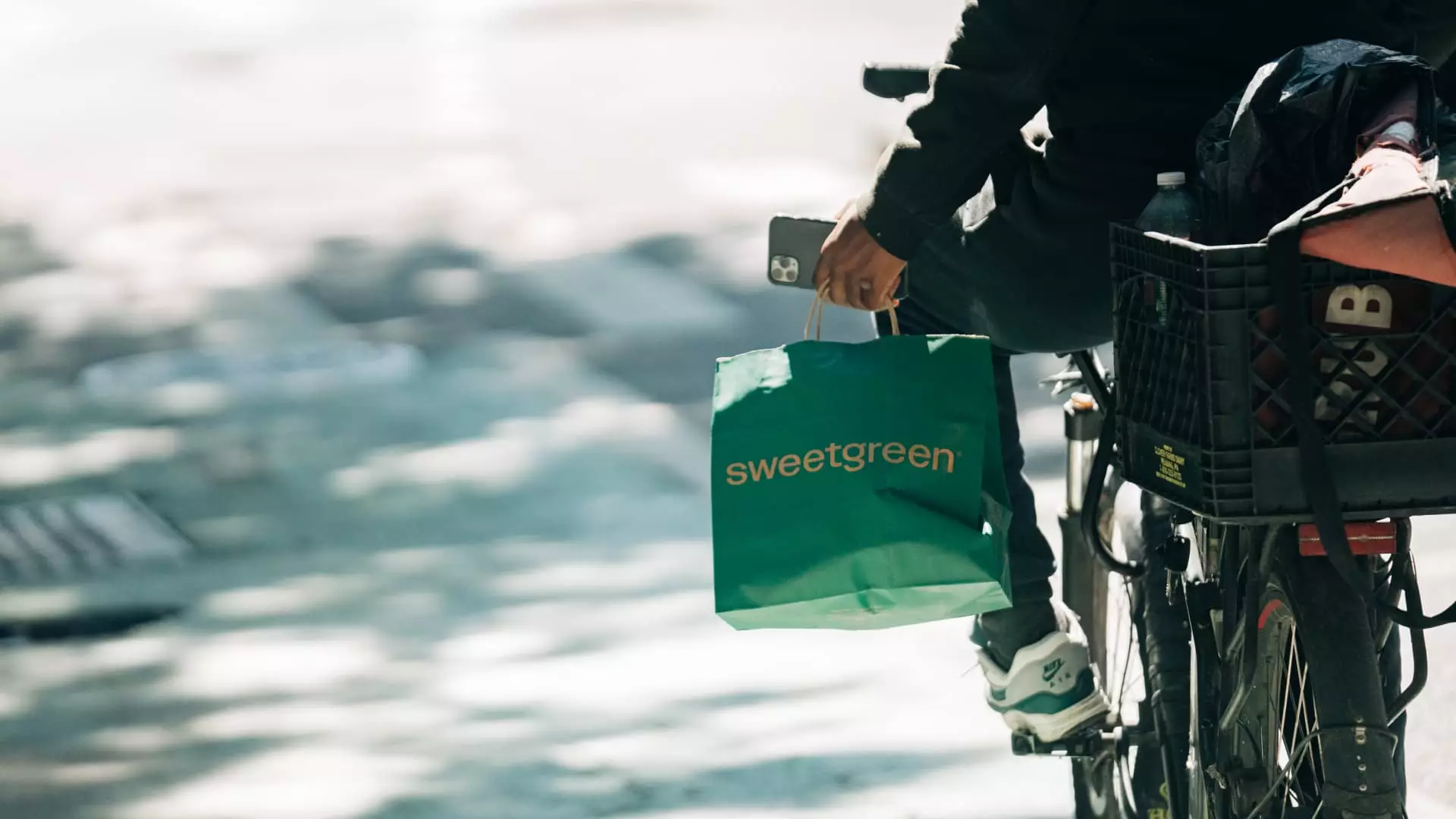The restaurant industry has been facing a period of sales slump and declining traffic due to a broader consumer slowdown. However, there are a few outliers in the industry that have managed to report strong sales this quarter. Chipotle Mexican Grill, Wingstop, and Sweetgreen are some of the brands that have seen an increase in sales, mainly driven by high-income consumers.
On the other hand, brands like McDonald’s, Starbucks, and Yum Brands, the owner of KFC, have reported a weak start to the year 2024. The CEOs of these companies have mentioned that customers are seeking deals and good value, indicating a shift in consumer behavior towards more affordable options.
Fast-Casual Chains Stand Out
Fast-casual chains have emerged as an exception to the overall trend in the restaurant industry. These chains have seen higher traffic growth compared to other dining sectors from November to February. The customer base of fast-casual chains generally consists of higher-income individuals, which has helped them remain resilient in the face of the consumer spending pullback.
For example, Wingstop reported a 21% increase in same-store sales in the quarter, with a customer base that now consists mostly of higher-income diners. The success of Wingstop has been attributed to growing brand awareness and its popular chicken sandwich. Similarly, Sweetgreen, with most of its locations in high-income neighborhoods, reported a 5% growth in same-store sales for the first quarter.
Chipotle and other chains have benefited from consumers’ perception of value, especially as the prices of items like Big Macs and Whoppers rise. Fast-casual chains have been able to provide a superior value proposition to consumers, leading to increased foot traffic and same-store sales growth. Chipotle, in particular, has emphasized its strong value proposition and customer base from higher-income brackets.
Many fast-casual chains have been focusing on improving their “throughput,” which refers to how quickly their employees can prepare orders. This emphasis on efficiency has led to faster service, resulting in more transactions and improved overall customer experience. Investors have taken notice of this trend, with shares of fast-casual chains like Chipotle, Shake Shack, and Wingstop experiencing significant increases in 2024.
Despite the overall success of fast-casual chains, there are exceptions in the market. Brands like Portillo’s and Shake Shack have faced challenges with declining same-store sales, partly due to external factors like unfavorable weather conditions. However, these brands are optimistic about the future and are making efforts to improve their performance in the coming quarters.
The restaurant industry is experiencing a shift in consumer preferences, with high-income consumers driving sales for fast-casual chains. Brands that can offer good value, efficient service, and cater to higher-income demographics are better positioned to weather the current economic challenges in the industry.

